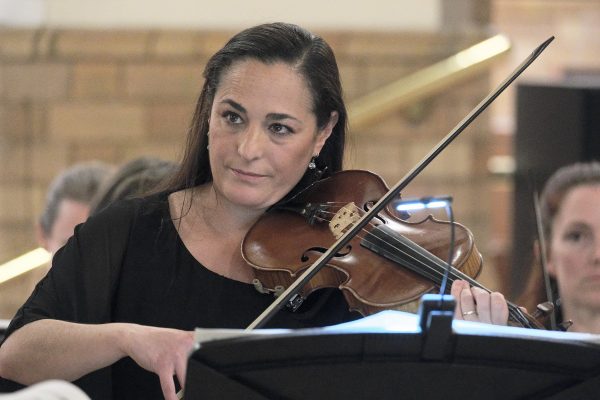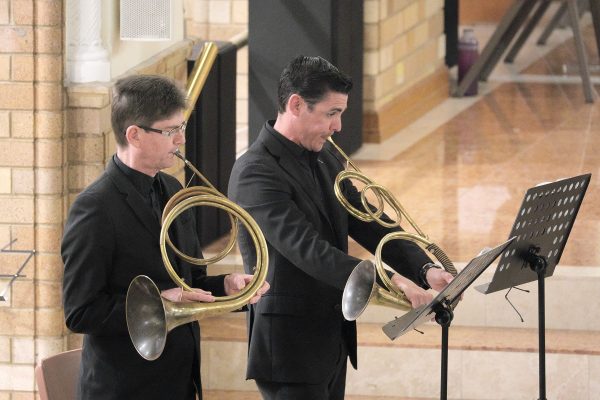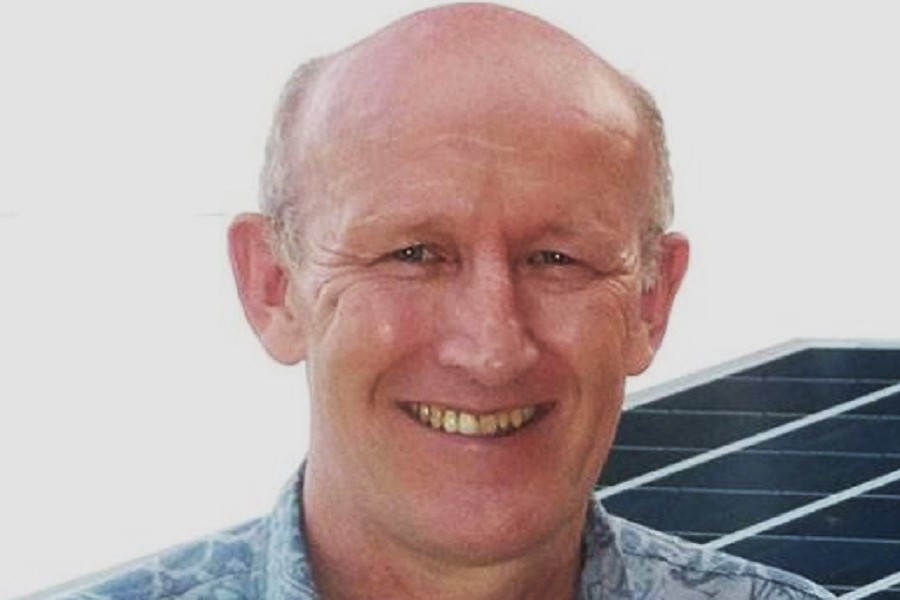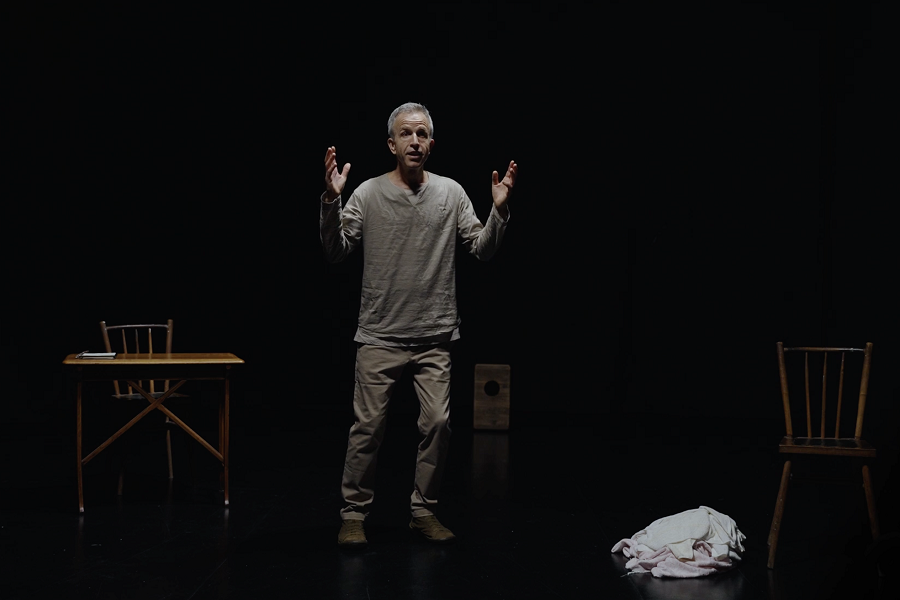
Music / Canberra Bach Ensemble, conducted by Andrew Koll. At St Christopher’s Cathedral, Manuka, to 3 September. Reviewed by LEN POWER.
IT is 300 years since Johann Sebastian Bach’s first cantata performance in Leipzig, Germany.
To celebrate, Canberra Bach Ensemble‘s concert featured three of his cantatas, BWV 104, 85, 112 and the exquisite Mass in F, BWV 233.
The second Sunday after Easter was also known as “Good Shepherd Sunday”. The German word “Hirt” or “Hirte” in each cantata title corresponds to the English word “herd” or “herder”. A “sheep herder” becomes a “shepherd”. All three cantatas focus on this central theological motif.
Andrew Koll was the conductor.
The concert commenced with an introit, “O, Lord Jesus Christ” by Johann Hermann Schein, a giant figure of early German baroque, who also held the position of Thomaskantor in Leipzig a century before Bach’s tenure there. The work set a fine atmosphere right from the start and the five soloists sang it very well.
The first cantata, BWV 194 “Du Hirte Israel, höre”, commenced with the confident sound of the chorus and the stirring voices of Richard Butler (Tenor) and Andrew Fysh (Bass). The finale was given a particularly grand performance by the chorus.

“Ich bin ein guter Hirt” BMV 85 was notable for the performance by Maartje Sevenster (Alto), accompanied by the lone violin of Bianca Porcheddu and the fine playing by oboists, Kirsten Barry, Adam Masters and Fiona McMillan.
Before the performance of the third cantata, the setting of Psalm 23 (The Lord Is My Faithful Shepherd) by the most important composer of the early and middle German Baroque, Heinrich Schütz, was performed. Followed by Bach’s “modern” setting of Psalm 23, the cantata “Der Herr ist mein getreuer Hirt” BWV 112, it was fascinating to compare the different musical styles of these composers who worked a century apart.

The opening of BWV 112 with the atmospheric call of the horns, played by Simon Wolnizer and Michael Dixon, and the beautiful combination of Greta Claringbould (Soprano) and Richard Butler (Tenor) in the duet were especially enjoyable. The chorale finale was very colourful and led into a motet, again by Heinrich Schütz.
The orchestra performed all of the works very well and the concert was impressively well planned with chorus and soloists silently moving into their places as required.
The final work presented in this concert was Bach’s “Missa in F BWV 233”. This was powerfully performed by the chorus and soloists Greta Claringbould (Soprano), Maartje Sevenster (Alto) and Andrew Fysh (Bass), bringing this fine evening of Bach to a rousing and satisfying close.
Who can be trusted?
In a world of spin and confusion, there’s never been a more important time to support independent journalism in Canberra.
If you trust our work online and want to enforce the power of independent voices, I invite you to make a small contribution.
Every dollar of support is invested back into our journalism to help keep citynews.com.au strong and free.
Thank you,
Ian Meikle, editor




Leave a Reply